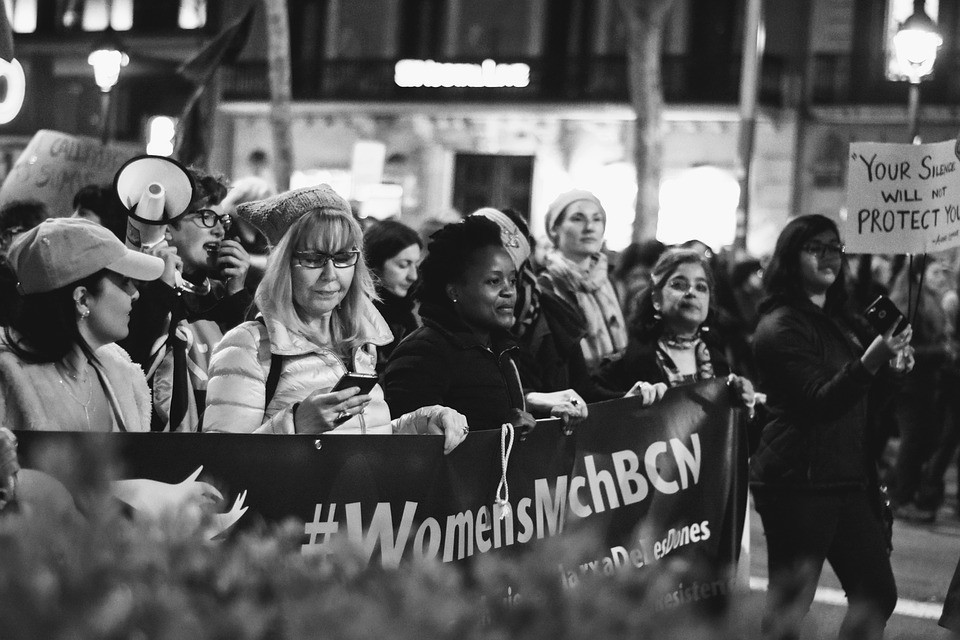Intersectional feminisms

Learning goals
This module provides a theoretical introduction to intersectionality and intersectional feminism, providing tools for their application in everyday life, both on a personal level and as part of projects and organizations. We aim to stimulate a range of reflections that encourage the incorporation of the intersectional perspective, one which is sensitive to social complexities, and critical of discourses which fuel discrimination.
With the collaboration of:

KNOWLEDGE
- To gain knowledge of intersectional theory, its theoretical and methodological approaches, in order to widen the perspectives of people and professionals on social issues.
- Acquire tools for the application of intersectional perspectives in daily life and in voluntary work and international collaborative partnerships.
- To gain knowledge of the genealogy of black and intersectional feminist critiques of hegemonic feminism.
ABILITIES
- Reflect and discuss systems that generate oppression and privilege.
- Observe and reflect on our own position in society, and the implications inherent.
- Develop a critical perspective, and apply a practical intersectional perspective to different areas of interaction.
ATTITUDES
- Be mindful of situations of injustice that are a consequence of relationships built on dynamics of oppression and privilege between people, and to practices of respect for diversity, inclusion and equity.
- Show social awareness and self-awareness, which translate into transformative practices.
Intersectional Feminisms: What Are We Talking About?
Black and decolonial feminists have drawn attention to the fact that, in the absence of a universal woman, such theories produced in the West do not provide a response to the specific oppressions they have suffered. In feminist theory, what position has analysis of race taken up? In racism studies, where does gender feature? How do gender and race shape social class?
